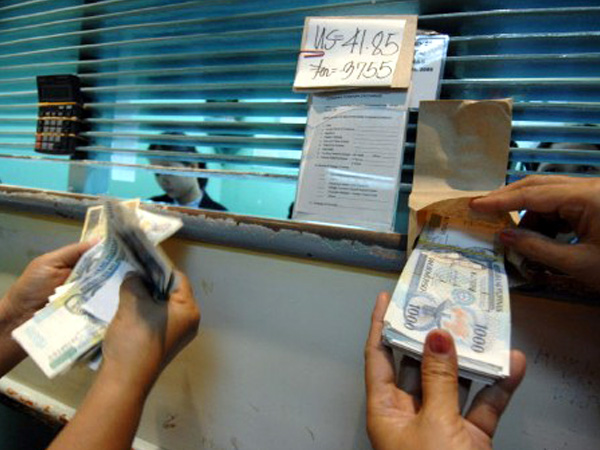OFW remittances down slightly in August
GROWTH in remittances from overseas Filipino workers (OFWs)—one of the domestic economy’s main drivers—may still recover later in the year as global conditions start to improve.
In August, the amount of money sent home by OFWs declined for the first time since April 2003, the Bangko Sentral ng Pilipinas (BSP) reported on Thursday.
“It’s just a reflection of the weaker economic environment outside the Philippines, particularly in (advanced economies),” Security Bank economist Patrick Ella said in an interview.
The BSP on Thursday said migrant remittances totaled $2.04 billion in August or down 0.6 percent year-on-year, exposing a weakness in the steady stream of cash officials had described as “recession proof.”
In the eight months to August, remittances were up 4.1 percent to $16.21 billion. For all of 2015, the BSP expects remittances to grow 5 percent to reach a record high of $25.6 billion.
Article continues after this advertisementThe last time remittances declined was in April 2003. “Those were definitely recession-like conditions globally,” Ella said.
Article continues after this advertisementElla said dim economic prospects in oil-producing Middle East nations, where a significant portion of OFWs were based, might have also contributed to the decline.
Main sources of remittances in August were the United States, Saudi Arabia, United Arab Emirates, the United Kingdom, Singapore, Japan, Hong Kong, and Canada, according to the BSP.
The weakness in remittances may be short-lived, Ella said. “I wouldn’t put too much stock in data for a single month. All you need is a mother month of strong remittances to make it up,” he said.
Remittances from the country’s OFWs are the largest source of dollar income for the Philippine economy. These cash transfers also serve as fuel for domestic consumption, which accounts for about two-thirds of gross domestic product (GDP).
In 2014, OFW remittances accounted for nearly a tenth of GDP. The decline in remittances came amid the peso’s weakness in August. A weak currency means the amount of money families receive in peso terms stays the same even if OFWs send less.
